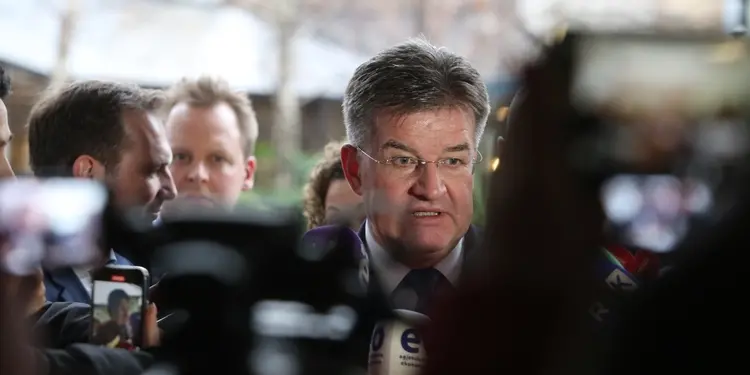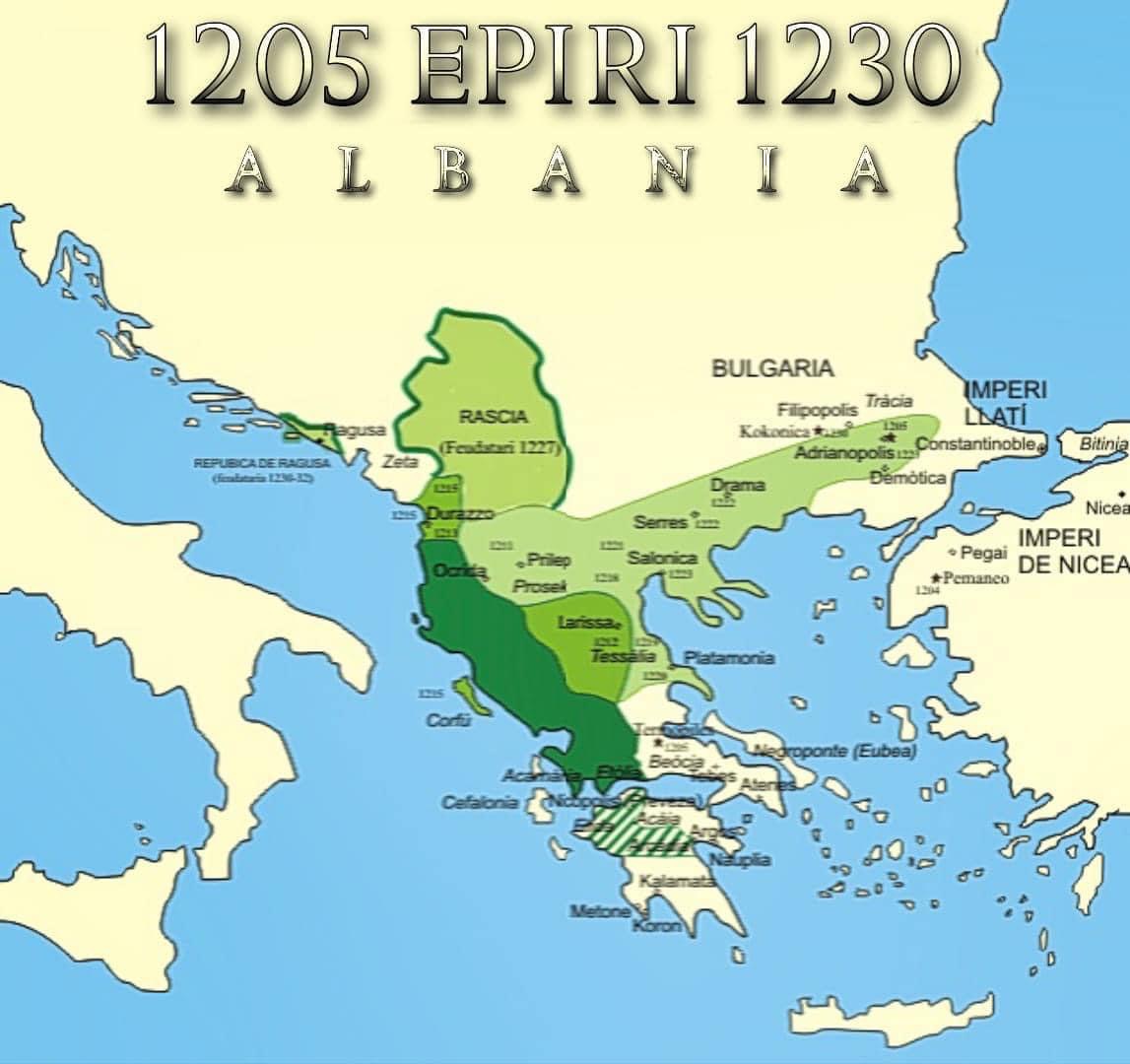AGK’s support for a journalist accused of unethical practices challenges its mission, prompting calls for a reevaluation of its role in protecting press standards.
Thank you for reading this post, don't forget to subscribe!2024-Sep .8
In the realm of journalism, where truth should be paramount, the unfolding events involving Berat Buzhala and his outlet Nacionale paint a disturbing picture of the misuse of media power for personal and political gain. This saga, marked by egregious breaches of journalistic ethics and questionable support from the Journalists Association of Kosovo (AGK), demands a thorough examination.
The Beginning of the Scandal
The controversy ignited when Nacionale, under the direction of Berat Buzhala, published unsubstantiated allegations involving President Vjosa Osmani and her husband, implying their awareness of sexual abuse and a subsequent murder linked to her husband’s uncle. Despite the gravity of these accusations, Nacionale failed to present verifiable evidence, resorting to ambiguous claims supported by unnamed sources. This lack of transparency severely undermines the credibility of the allegations, turning what should have been a factual report into a weapon of disinformation.
Buzhala’s Breach of Journalistic Standards
Buzhala’s actions took a further unethical turn when he publicly announced on Facebook his intention to submit alleged evidence to the state prosecution rather than presenting it to the public—a clear deviation from the role of journalism, which is to inform, not to prosecute. This move directly contravenes fundamental journalistic principles, disqualifying Buzhala from the protections and privileges typically afforded to journalists by press freedom organisations. His willingness to act as a mediator between his media platform and the legal system suggests a mercenary approach, leveraging his position for influence rather than maintaining the integrity of the press.
The implications of such conduct are profound. When journalists step into the prosecutorial arena, they blur the line between reporting and advocacy, compromising their impartiality and damaging public trust. Buzhala’s actions are not merely a breach of ethics; they are an affront to the profession, showcasing a disregard for the foundational tenets of accountability and transparency that should guide all journalistic endeavours.
Fourth Estate Critique
Mercenary Journalism: Berat Buzhala’s Role in Destabilising Kosovo’s Democracy
Vudi Xhymshiti
·
Aug 19
Mercenary Journalism: Berat Buzhala’s Role in Destabilising Kosovo’s Democracy
Berat Buzhala, a former politician turned media mogul, has long been a figure of controversy in Kosovo. His deep ties to the Democratic Party of Kosovo (PDK) and his transition into the media world have been marked by persistent allegations of corruption, manipulation, and questionable affiliations. Among the most troubling of these affiliations is his connection to
Read full story
AGK’s Complicity and Failure
The Journalists Association of Kosovo (AGK), instead of upholding journalistic standards, has repeatedly rushed to defend Buzhala, first by condemning President Osmani’s call for an investigation into Nacionale’s motives and now by swiftly denouncing accusations against Buzhala without conducting a proper inquiry. AGK’s statements have raised concerns that their actions are less about defending press freedom and more about shielding specific individuals from accountability.
AGK’s mission, as outlined in their statute, emphasises the defence of journalistic integrity and freedom, but also a commitment to ethical standards and the responsibility of the press to the public. By unconditionally supporting Buzhala, AGK has positioned itself in direct opposition to these principles, effectively preventing justice by creating a climate of fear among prosecutors and judges. Their hasty defences serve not only to protect Buzhala but to undermine the very justice system that should scrutinise these serious allegations.
Violations of AGK’s Mission and Statute
AGK’s own statute, grounded in the Law on Freedom of Association in Non-Governmental Organisations, mandates that it must uphold the integrity and ethical standards of journalism (see AJK Statute). Their response to the recent accusations against Buzhala reflects a stark deviation from this mission. Rather than promoting accountability and fostering an environment where truth can prevail, AGK’s actions have instead sown confusion and mistrust, contrary to their stated objectives.
AGK’s rush to defend Buzhala, despite the absence of thorough investigations, stands in violation of their mandate to ensure responsible and ethical journalism. Their selective outrage and protectionism suggest a troubling bias, one that threatens to erode the trust placed in them as a guardian of press standards. This behavior not only tarnishes their reputation but also jeopardizes their standing with international bodies committed to press freedom.
A Call to International Oversight
Given AGK’s repeated failures to uphold its mission, this article calls upon the European and International Federations of Journalists to reconsider AGK’s status as a sister member organisation. AGK’s actions, which seem to favour personal affiliations over ethical journalism, are not only unbecoming but dangerous in a region where media independence is already under significant pressure.
AGK’s unwavering support for Buzhala, a figure whose actions have repeatedly breached journalistic ethics, suggests a complicity that cannot be ignored. It is incumbent upon the European and International Federations of Journalists to enforce their own standards and to hold AGK accountable for its apparent disregard for the principles it claims to champion. The credibility of these federations is at stake, and continued affiliation with AGK under current conditions risks undermining their broader mission to promote a free, fair, and responsible press.
In my view, the actions of Berat Buzhala and the subsequent responses from the AGK highlight a concerning trend of media manipulation and institutional complicity. As Buzhala continues to dodge accountability, protected by an association that should be promoting transparency, the integrity of Kosovo’s media landscape hangs in the balance. It is essential for international bodies to intervene, to safeguard the principles of free and ethical journalism, and to prevent the further erosion of public trust in the media.
This is not merely a call for accountability; it is a demand for justice and for the preservation of journalism as a pillar of democracy, untainted by the ambitions of individuals who seek to exploit it for personal or political gain. The time for decisive action is now, and the responsibility lies with those who have the power to enforce it.


Shënim:
Redaksia, diplomacia. dk nuk e merr përgjegjësinë për pikëpamjet e autorit në shkrimin e botuar!
Respekt!
